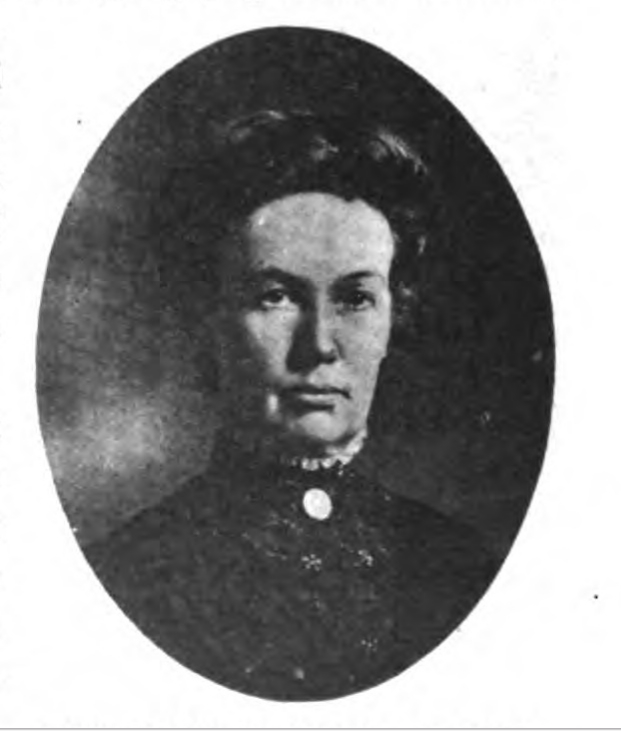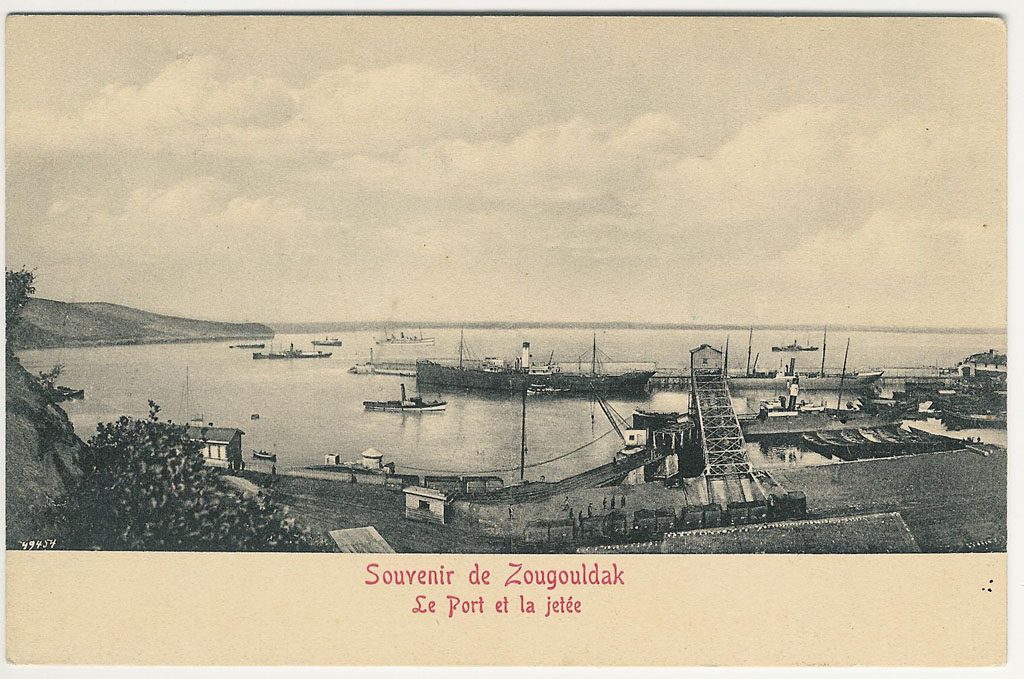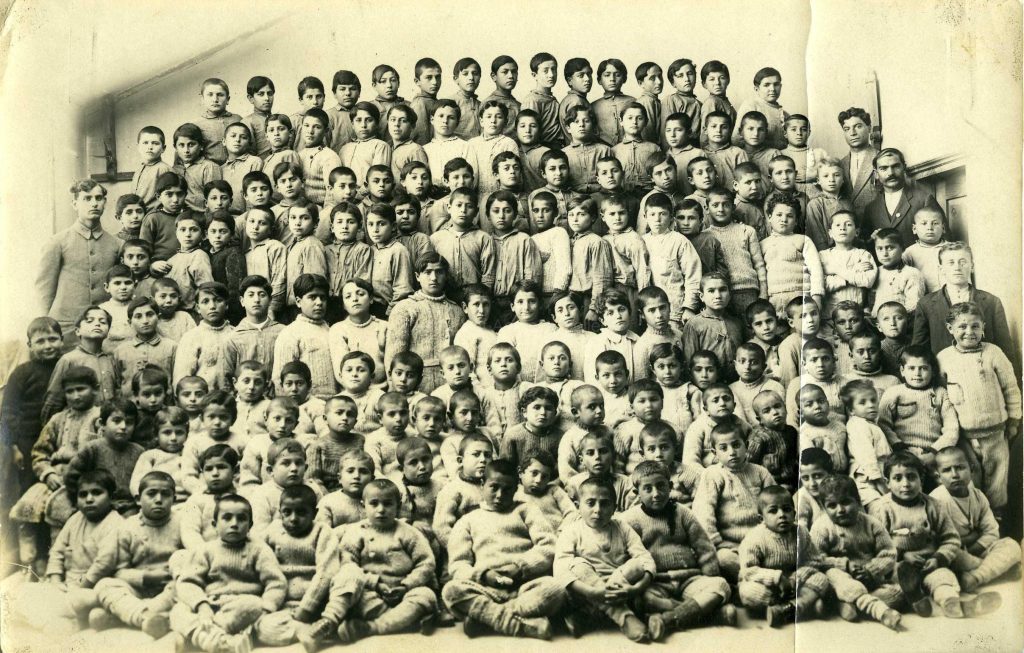On the Road With Annie T. Allen: Part I
Have you ever wondered what life was really like for Near East Relief workers? Annie T. Allen kept a diary of her trip into the Turkish interior in September 1920. Her observations were published in the April 9, 1921 issue of Near East Relief.

View of Broussa, where Annie T. Allen served as a missionary and relief worker, c. 1890. Library of Congress.
When Miss Caris E. Mills, the editor of the Near East Relief, heard that veteran relief worker Annie Allen was planning a trip to the Turkish interior, she asked Allen to keep a diary for the newsletter. The following diary entries were published in the April 9, 1921 issue of Near East Relief.
Allen’s observations are astute and sometimes even funny. Considering Annie Allen’s important status as an unofficial diplomat, her writing style is surprisingly humble. Allen’s voice brings a wonderful human quality to Near East Relief’s work.
Sadly, the original article does not include any photographs. We have added images that we think are in keeping with the spirit of Annie Allen’s words.

The British army in Constantinople, 1921. Courtesy of the Library of Congress.

S.S. Phrygia, September 6, 1920.
Do you remember, as I was rushing down the stairs, you stopped me and said “Do keep a diary so that I may have it for my paper when you return.” I did intend to keep one, but I did not promise to give it to you.
My chief reason for not giving it up is that I fear criticism. Once a friend of mine and I took a trip to certain mountain villages. To us, the trip was very interesting and my friend wrote out his diary and then published it. Some one on reading it said “What do we care whether Mr. ___ rode a white horse or a black one or whether he ate his lunch on such a day under a certain tree by a certain stream?”
Now I am, as you know, very sensitive to criticism, and I should feel badly if some one, after reading my diary of this trip should say, “What do we care if Miss A. was invited to dinner with ___ or that she was allowed to go on the special deputy train!”
Whether published or not, for my own pleasure and yours, I believe, here goes the diary:
Right: Portrait of Annie T. Allen. From Life and Light For Women, v.42, 1912.

The towers of Samsoun (now Samsun). Image courtesy of SALTonline.com.
We left Constantinople quay today, Monday, September 5th, at 4:30 p.m. We stopped out in the harbor for the control boat, and soon some of the black guards with an officer came on board. One was stationed, with set bayonet, behind the chairs in which Billy and I were sitting (Billy being my friend, Miss Billings, a new recruit for the N.E.R.).
Not understanding the command given by the officer in French, I wondered whether he considered us suspicious characters but fortunately Billy, who knows French, relieved my fears by saying he was there to guard the stairway to the bridge.
After he had stood there motionless for several hours, I proposed to Billy that we make a dash for the stairway so that we might give the poor fellow a chance for some excitement. She answered by saying that I was a most law breaking individual — so I settled down for the rest of the evening, disproving the charge.

Historic postcard of Zoungouldak, a port city on the Black Sea. Public domain image.
September 7th, 1920. Here we are in Zoungouldak [now Zonguldak] coaling. The first words I heard on waking this morning were “Mehmet chaoush, bouraya gel” (Come here Corporal Mehmet). The old familiar sounds revived my spirits. I was once more in Asia Minor atmosphere which I vastly prefer to Constantinople.
I could go more into detail and tell you what we eat and what we do, that just now my companions are playing cards, smoking, and eating candy, but memory of [Mr. ____’s] “white horse” holds me back.
September 11th, 1920. We have reached the first interior stopping place. We had a delightful, though short visit, with the Samsoun Unit of the Near East Relief, arriving there on Thursday and leaving on Friday the next day at 11 o’clock, being assured that we would reach Marsovan [now Merzifon] that same day.

Postcard of Samsoun. Public domain image.
Our baggage truck caused us much delay and we finally left it behind to follow slowly. on the truck was our only American man and traveling with us in the auto was his wife.
Soon it became dark and we were obliged to crawl along slowly through the night as we had no lights. Tahsin, our little Turkish chauffeur, kept up our spirits by relating to us thrilling tales of brigands, and automobiles which had crashed over the sides of banks in Anatolia.
At last, in the distance we saw the shimmering lights of a village, and we four women decided we would go no further! As we were consulting just what to do, we heard the rumble of the truck, and joy, our American man was reunited with his wife. Let me give you some advice.

Armenian orphans at Anatolia College, Marsovan, c. 1918. Courtesy of Anatolia College Digital Archives & Special Collections. http://dspace.act.edu/jspui/handle/1886/90
Never consent to a plan which separates married couples. The nervous chills I had along the way after we separated, thinking that the husband might get stuck on the mountain top or that the wife might be carried off by brigands!
We found a Han (Turkish hotel) and put up for the night. Some yougourt, bread, a cup of tea, and for some of us a good night’s rest, braced us up, and we started merrily out at six this morning.
There’s More!
Check back soon for the next installment of Annie T. Allen’s diary.
